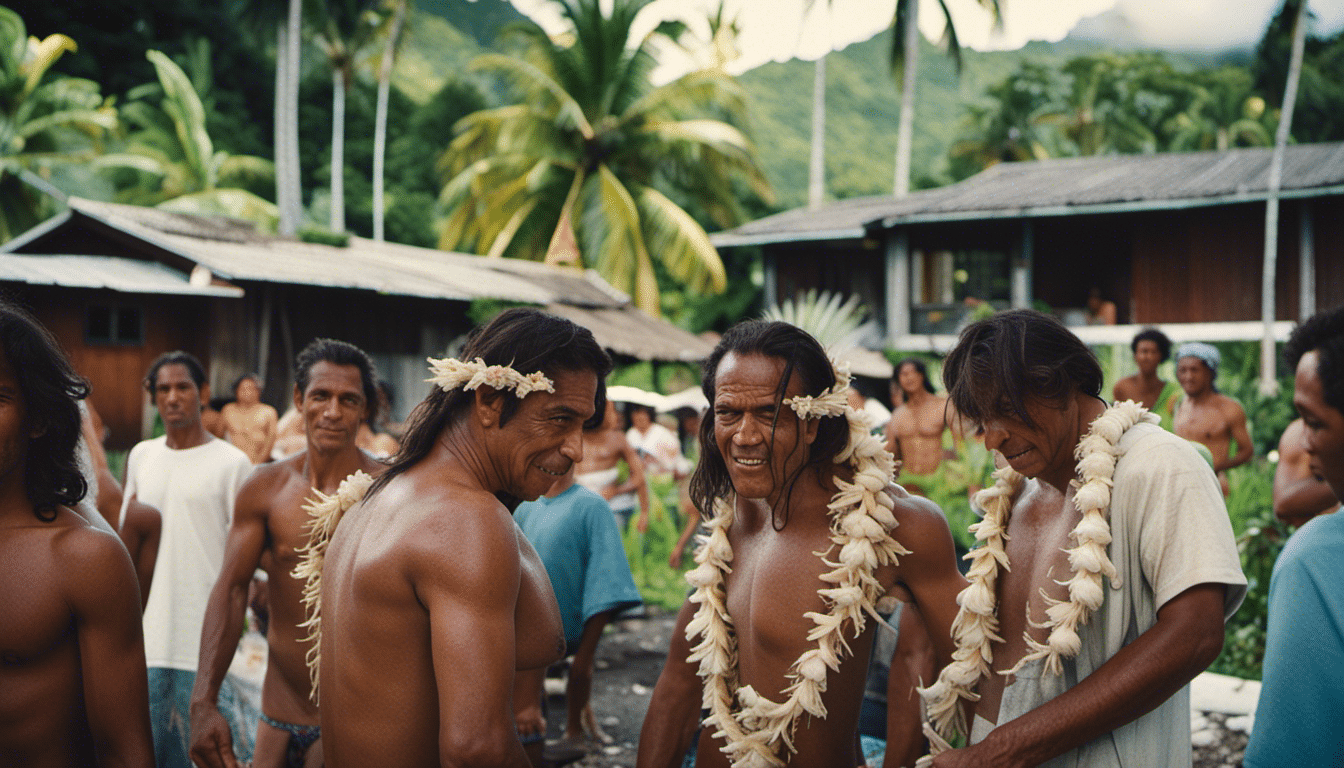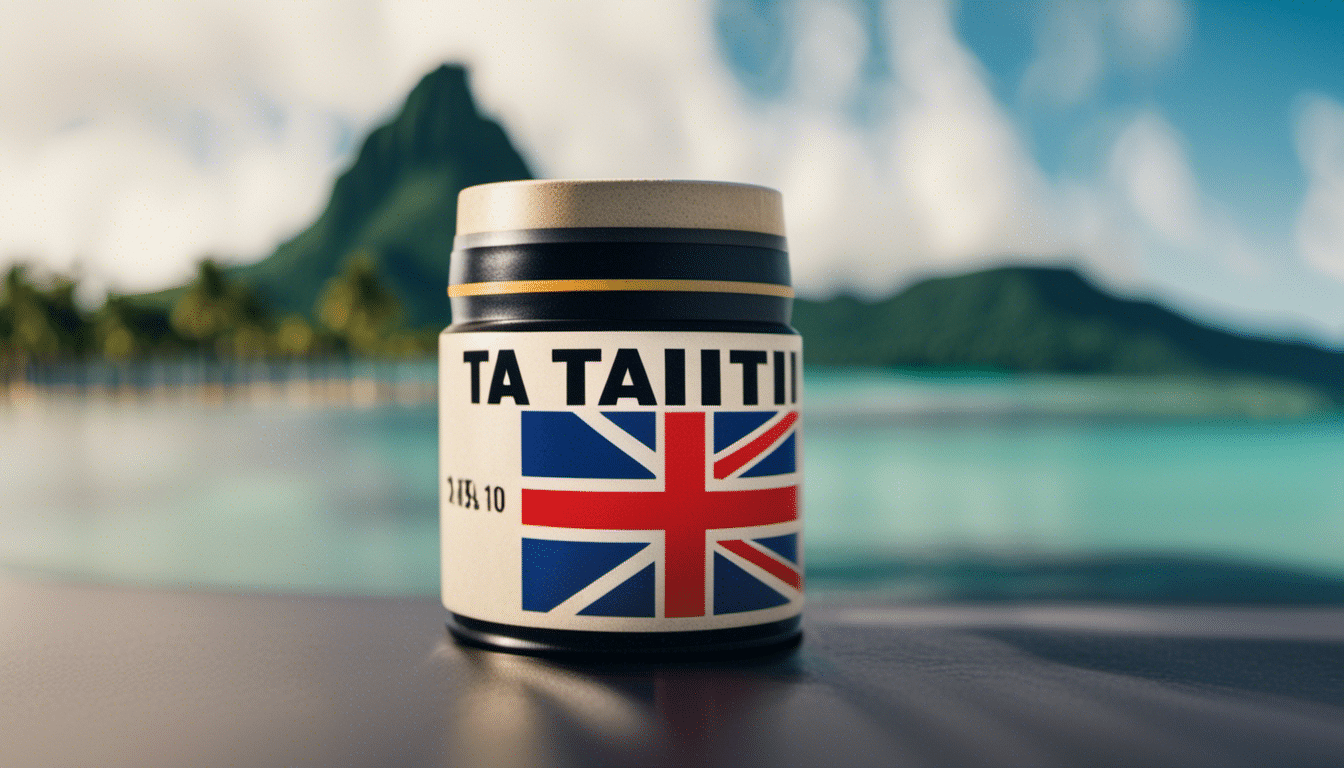Tahiti: between natural wealth and almost total dependence
Tahiti remains one of the most emblematic of the Pacific islands. Its name has been immortalized in songs, is associated with a laid-back, tropical lifestyle, and offers tourists an idyllic tropical paradise for rest and recreation. However, does this cliché of tropical paradise hide deeper issues? We will explore the questions of wealth and poverty lurking in Tahiti, to understand more deeply the nature and challenges of this island.
Tahiti is one of Society Islands, a chain of volcanic islands in the southwest of French Polynesia. The total area of the island is about 1,045 square km and its population is estimated at over 270,000 people. The capital Papeete concentrates more than 70% of the population and the rest lives in the villages located along the coasts.
Poverty in Tahiti
Like many islands in the Pacific, Tahiti faces problems of poverty despite its fame as a wealthy country. Indeed, although Tahiti enjoys rich natural beauty and abundant biodiversity, the figures show another face: around 20% of the population lives below the poverty line. A 2016 report from theFood and Agriculture Organization of the United Nations (FAO) indicates that Tahiti has one of the highest poverty rates of the Pacific islands, with a current ratio of 19.3%.
One of the main causes of this situation is that a large part of the active population lives outside the best paid sectors of the Tahitian economy. High-paying occupations are concentrated in the tourism industry and the public sector, both of which are constrained by size constraints. In addition, many people work in low-paying sectors, such as agricultural products and services, or in precarious jobs that pay low wages. Without these jobs, many people in Tahiti fall into poverty.
Income inequality
Income inequalities are another proof of the poverty that exists in Tahiti. According to a study carried out by the International Monetary Fund in 2019, the average income of Tahitians was 111,000 XPF (1 ITU in Tahiti), which corresponds to approximately 910 euros per month. A range considerably lower than that of mainland France and other Western European countries.
Income inequality is further exacerbated by the fact that the majority of jobs in Tahiti are located in the capital, resulting in many people living far from employment centers. Studies have shown that some Tahitian towns can suffer from an unemployment rate twice that of the rest of the country. This means that half of the parametrists live in precarious conditions, without enough resources to meet their basic needs. Moreover, informal workers often make unpredictable decisions, which makes their work unpredictable and poses an additional risk to those who are already underpaid.
Lack of economic autonomy

A weak infrastructure and a lack of economic autonomy are perhaps the two main factors that keep Tahiti below the threshold of inequality and poverty. In this sense, the scarcity of job offers and the diversity of the economy limit the possibilities of improving the standard of living of Tahitians. Most local businesses are owned by outside companies and largely run by foreign investors.
This situation leads to a productive undercapacity, thus preventing sustainable and formal economic development. The lack of adequate infrastructure and public services is also an additional obstacle, as many businesses are limited by access to basic services such as water and electricity.
In addition, due to the low local income and the lack of public services, the population of Tahiti is very dependent on the outside for its food supply. Imports account for two-thirds of food needs, due to the fact that agricultural land is limited and the climate and soil are unsuitable for tropical crops. In addition, Tahitians rely on the tourism industry to generate income, which is very sensitive to the effects of a crisis.
Awareness and actions taken

However, awareness of these deeper issues has gradually emerged. Several initiatives have been put in place to improve the standard of living in Tahiti. The main ones are related to the diversification of economic sectors, training and support for new activities, and community awareness efforts to encourage employment opportunities among Tahitians.
First, many organizations such as the Institute of Human Resources of Tahiti (IRT) have created programs to train and support young people from rural communities by giving them access to professional opportunities. At the same time, organic farming revival projects have been set up to encourage local production and allow the population to eat in a healthier and more sustainable way.
In addition, to stimulate economic growth and promote the diversification of economic sectors, the Tahitian government has created a policy that encourages local entrepreneurship and foreign investment. Tahitians can now benefit from public aid and bank loans for the implementation of their own businesses. The Tahitian government has also partnered with companies such as the Pacific Islands Company (CIP) to promote private initiative and capital investment for local businesses.
Towards a better future
Although Tahiti still has problems with poverty and inequality, there are promising signs for a better future. Raising living standards and creating opportunities for local youth and entrepreneurs are the highest priorities for Tahitians.
By implementing strategies and projects to revive organic farming, give young people access to stable jobs and encourage diversification and local entrepreneurship, Tahiti is well placed to improve the long-term situation and provide its inhabitants the means of overcoming their dependence vis-à-vis the outside world and the tourist industry.
With the help of the local economy and international assistance, Tahiti can look to the future and focus on creating a more sustainable and inclusive future.



























